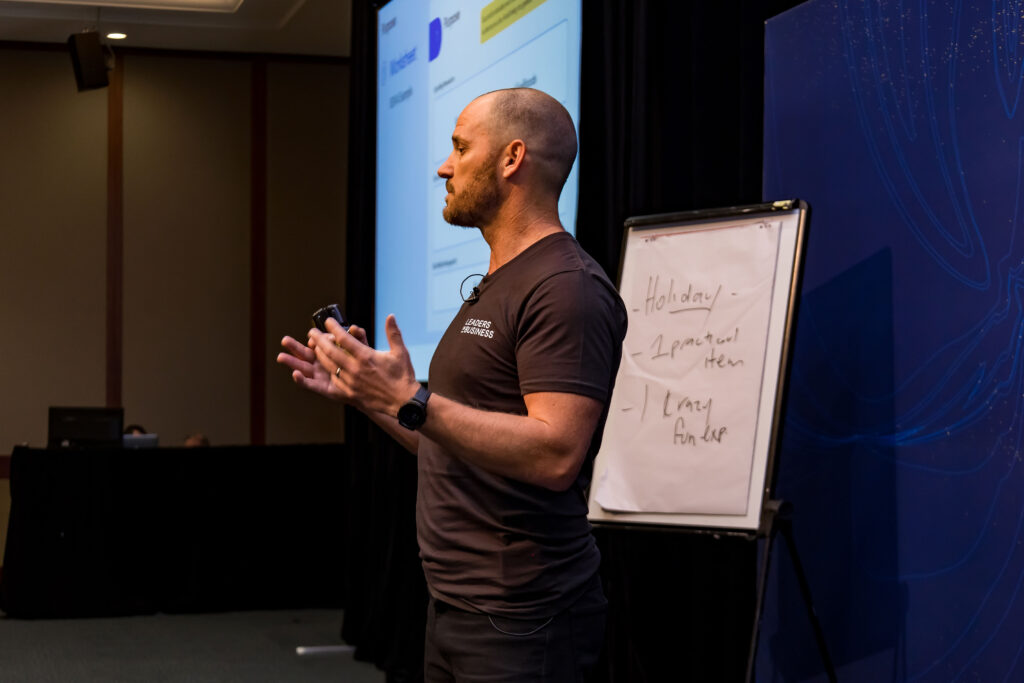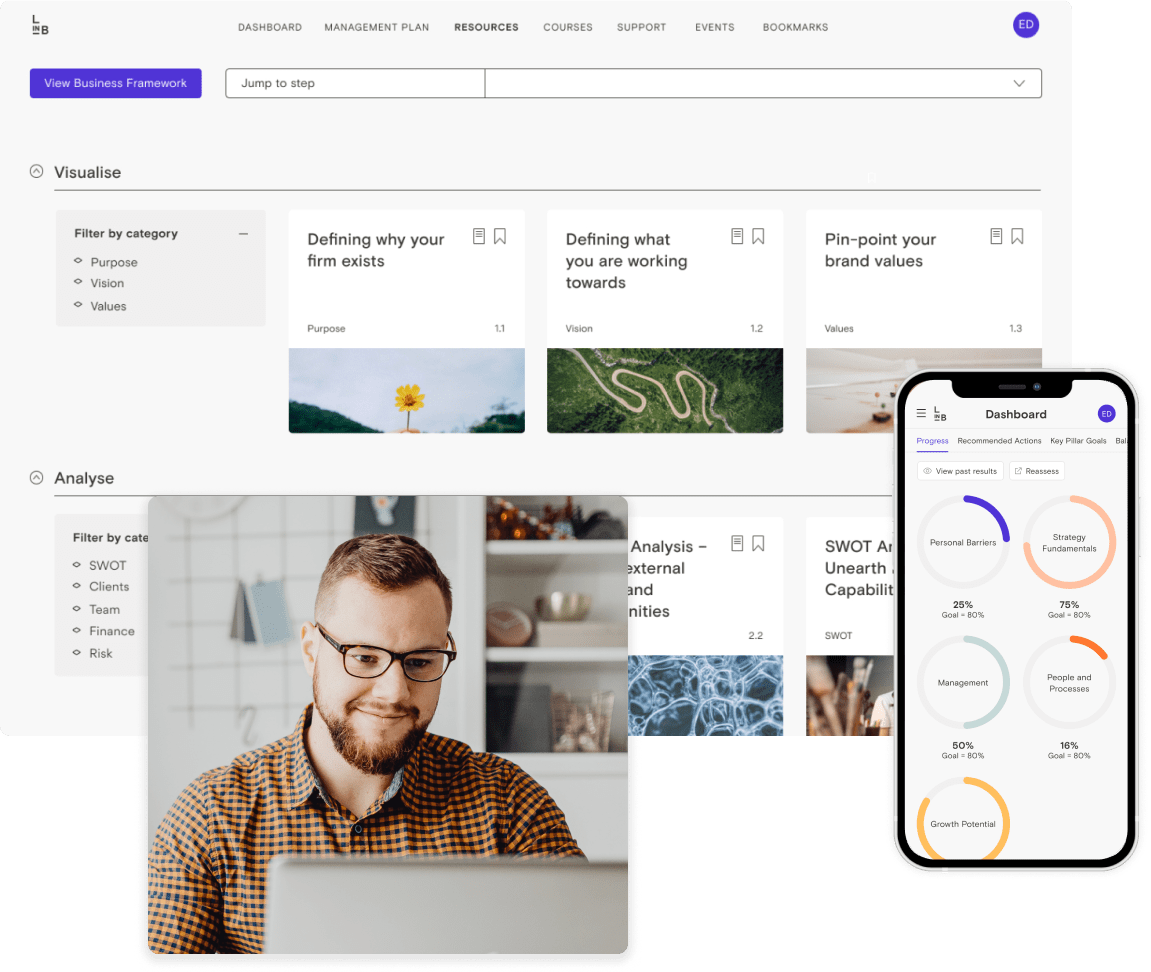

Tax season comes around once a year, creating a concentrated moment when clients are more financially aware and reflective than usual. In fact, it might be one of the only times they take a closer look at their financial outcomes and seriously consider what those results mean.
This heightened focus offers a valuable opportunity to steer the conversation from compliance to future planning. Clients already thinking about their current position will find it much easier to consider their longer-term goals, making this an ideal time to raise questions that unlock broader advisory conversations.
What often goes unappreciated is how much insight tax work provides into a client’s broader situation. The data and discussions involved in preparing returns can reveal patterns, priorities, and potential challenges that go far beyond the numbers on the page. By paying attention to these details, accountants can identify areas where additional support or planning could make a real difference; whether it’s improving cash flow, restructuring, or preparing for significant life changes. The return itself becomes just one piece of a much larger picture.
You’re already doing more than just returns. You’re asking smart questions, spotting trends, being a sounding board. Tax season simply puts that advisory potential under a spotlight.
As an accountant, the onus is on you to embrace this mindset shift. That shift isn’t about becoming someone new; it’s about recognising how much you already offer, and formalising the value that’s already there. It’s about using your knowledge during tax season to gain deeper insights into your client’s needs, to build trust, and to pave the way for more meaningful support.
This starts with asking the right questions. When you’re reviewing tax documents, take the opportunity to dig a little deeper. What’s keeping you up at night financially? How confident are you in your cash flow? Are you thinking about retirement or any major transitions? What does the next 12 months look like for your business?
These are the kinds of questions that move you seamlessly from compliance mode into advisory mode and shows clients that you’re not just there to file their returns and close the books. In fact, you’ve likely already had versions of these conversations but haven’t named them as advisory or charged for the insight.
You don’t need to make any drastic changes to start this process. Tax planning already opens the door to advisory. What matters is recognising when to step through it and move from discussing outcomes to discussing possibilities.
The return might be the reason they come to you, but the reason they stay? That’s in the advisory conversation you help them start.
